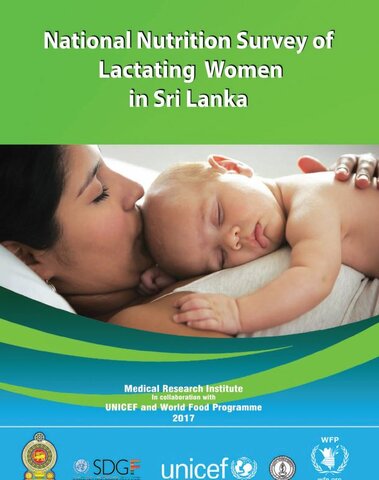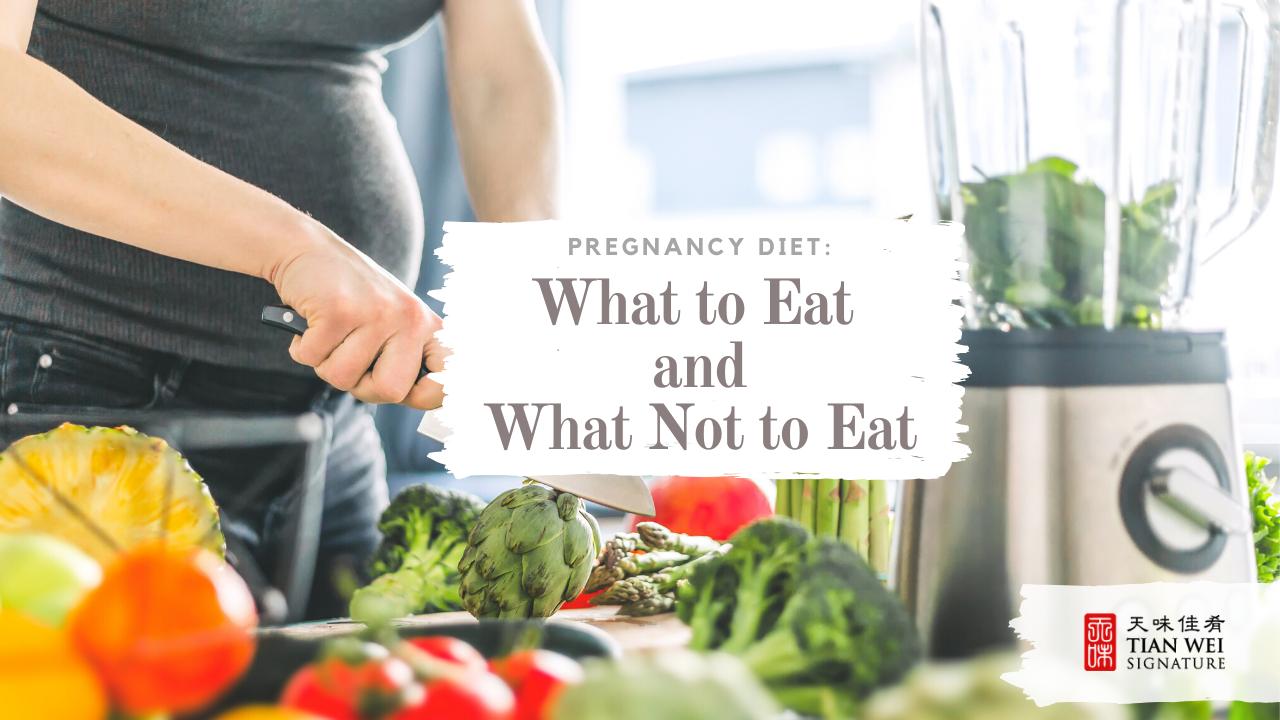
Balanced eating can prevent you from developing health problems such as diabetes, heart disease, or cancer. You will feel healthier and have more energy. You should also exercise regularly, and eat healthy. Exercise can help reduce the risk of several diseases such as metabolic syndrome and arthritis.
You can achieve a balanced diet by mixing a variety foods like fruits, vegetables, whole grains, protein, and meats. These foods are high in vitamins, minerals, which improve the functioning of the body. Some foods are high in antioxidants, which can also improve the body's defense systems against illness.
Eating a balanced diet can help you avoid obesity, a leading cause of a variety of diseases. Maintaining blood pressure and cholesterol levels is essential. Keeping your weight in check can decrease your risk of cardiovascular disease, arthritis, and type 2 diabetes.

The risk of developing cancer is lower if you eat a healthy diet. Fruits and vegetables are full of antioxidants, which can prevent free radicals from damaging your cells. They also help to increase the production white blood cells which are vital in fighting infections.
Choosing a balanced diet will provide your body with all the nutrients it needs. But, it is important to avoid processed foods. Fast food isn't a healthy option. Although you can still enjoy your favourite foods, it is important to eat them in moderation.
It is important to use a measuring cup to ensure you get the right size portions. You should consume fruits whole. Ideally, you should consume at least five pieces of fruit and vegetables a day. You can prepare vegetables in many different ways to ensure that you are getting enough.
Proteins are essential for a balanced diet. Vegetables, meat, beans, nuts, and seeds all contain lean proteins. Almonds and ground flax are great sources of fat. Including enough protein can help keep you from overeating and gaining weight.

Balanced diets should include adequate intake of vitamins and minerals. Deficiencies of these essentials can lead to a decline in immunity, which makes you more vulnerable to illness. Vitamin C is very important. Vitamin C can be especially beneficial in preventing arteries from becoming clogged, which can lead directly to heart disease.
The University of Maryland Medical Center advises against a diet high in calories and fat. People who eat a low-calorie diet are less likely to develop heart disease.
A diet high in fruits and vegetables can help you avoid diabetes. Regular exercise can also prevent heart problems and metabolic syndrome. While it is important that you eat a variety and healthy diet, your body also requires a healthy amount of carbohydrates and fats in order to maintain a healthy weight.
FAQ
How often do I need to exercise?
Exercise is essential for maintaining a healthy lifestyle. There is no set time limit for exercising. Finding something that you love and sticking with it is the key.
It is a good idea to exercise at least three times per week. Then, you should aim to do between 20 and 30 minutes of moderate-intensity activity. Moderate intensity will mean that you'll continue to be exerting yourself afterward. This type works out burns around 300 calories.
You can walk for 10 minutes every day if that is what you prefer. Walking is easy on the joints and has low impact.
Jogging three times a week for 15 mins is enough if you want to run. Running is an excellent way to lose weight and tone your muscles.
If you're not used to exercising, start slowly. Begin by doing 5 minutes of cardio each day, a few times per week. Gradually increase the time you do cardio until your goal is reached.
What is the distinction between a calories and a kilogramcalorie?
Calories are units used to measure the amount of energy in food. Calories are a unit of measurement. One calorie is equal to one degree Celsius in energy.
Kilocalories is another name for calories. Kilocalories equal one thousandth of an calorie. 1000 calories equals 1 kilocalorie.
What are the 7 best tips for a healthy and happy life?
-
Be healthy
-
Exercise regularly
-
Sleep well
-
Get plenty of water.
-
Get enough rest
-
Be happy
-
Smile often
What is the problem in BMI?
BMI is the acronym for Body Mass Index. It measures body fat based upon height and weight. The following formula can be used to calculate BMI.
The weight of a kilogram divided by its squared height in meters.
The result can be expressed in a number between 0 to 25. A score of 18.5 indicates that you are overweight and a score of 23 indicates that you are obese.
A person with 100 kg will have a BMI 22 if they are 1.75m tall and weigh 100 kg.
Statistics
- Extra virgin olive oil may benefit heart health, as people who consume it have a lower risk for dying from heart attacks and strokes according to some evidence (57Trusted Source (healthline.com)
- The Dietary Guidelines for Americans recommend keeping added sugar intake below 10% of your daily calorie intake, while the World Health Organization recommends slashing added sugars to 5% or less of your daily calories for optimal health (59Trusted (healthline.com)
- In both adults and children, the intake of free sugars should be reduced to less than 10% of total energy intake. (who.int)
- According to the 2020 Dietary Guidelines for Americans, a balanced diet high in fruits and vegetables, lean protein, low-fat dairy and whole grains is needed for optimal energy. (mayoclinichealthsystem.org)
External Links
How To
10 Tips for a Healthy Lifestyle
How to lead a healthy lifestyle
We live in a fast paced world, where we don’t get enough sleep and smoke cigarettes. We don't properly care for our bodies.
It can be very difficult to have a healthy diet, exercise routine, and work schedule when you do so many things simultaneously. Stress makes it even more difficult. Our minds tell us we can't handle this situation any longer so we feel guilty and give in.
You may feel that something is not right with your body. You should see a doctor and ask him/her what he/she thinks about your current condition. If there are no signs of something abnormal, stress from your job could be the cause.
Some people think that they are lucky because their jobs allow them to go to gym regularly or they have some friends who help them to keep fit. Those people are lucky. Those people don't have any problems. They had everything under control. I wish everyone could be one of them. Unfortunately, many of us don’t know how to manage our personal and work lives. Many people end up with bad habits which eventually lead to diseases such as heart disease, diabetes, cancer and many others.
Here are some tips that might help you to improve your lifestyle:
-
Get adequate sleep - 7 hours a day minimum, 8 hours maximum. You should be able to sleep in a proper position and avoid caffeine the hour before you go to bed. Caffeine blocks melatonin hormones which makes it difficult to fall asleep. Also, make sure that your bedroom is clean and dark. Make sure that you use blackout curtains especially if you are working late at night.
-
Eat healthy. Have breakfast every morning. Sugar products, fried food, processed foods and white breads should be avoided. Try to include whole grains, fruits, and vegetables for lunch. It is recommended that afternoon snacks be high in fiber and protein, such as nuts and seeds, beans, fish, and dairy products. Avoid unhealthy snacks such as chips, chocolates, cookies and cakes.
-
Drink plenty of water - Most of us don' t drink enough water. Water helps us to burn more calories, keeps our skin looking young and supple, flushes toxins from our system and improves digestion. Drinking six glasses of water daily will help you lose weight faster. You can check the color in your urine to see how well you are hydrating. Yellow indicates dehydrated, orange signifies slightly dehydrated, pink signifies normal, red signifies overhydrated and clear signifies highly-hydrated.
-
Exercise - Regular exercise has been shown to reduce depression and increase energy levels. Walking is a good way to get fit and improve your mood. Walking may appear easy but requires concentration and effort. Your brain must be able to focus on the act of walking while you breathe slowly and deeply. For between 100 and 150 calories, a 30 minute walk can be enough to burn about 100 to 150 calories. Start slow and build up gradually. Stretching after exercise is important to avoid injury.
-
Be positive - Positive thinking is essential for mental health. Positive thinking creates a positive environment within ourselves. Negative thoughts cause anxiety and drain our energy. Keep your motivation high by focusing on the things you want to do. You can break down all the tasks into smaller pieces if you feel overwhelmed. Do not be discouraged if you fail, just get up and try again.
-
You must learn to say No - Too often we get so busy we forget how much time is wasted on things that are not important. It is important for you to know when to say no. Not saying "no" is rude. Saying No is simply saying that you cannot take care of something right now. You can always find a way to finish the task later. Set boundaries. Ask someone else to help you out. Or simply delegate this work to someone else.
-
Take care of your body - Keep track of your diet. A healthier diet will help boost your metabolism, and you can lose extra weight. You should avoid eating too many oily and heavy foods, as they can increase your cholesterol. You should eat three meals and two snack each day. You should consume around 2000 - 2500 calories per day.
-
Meditation can be used to reduce stress and anxiety. Your mind will relax when you sit still and close your eyes. This exercise will improve your ability to think clearly and help you make decisions. Practicing meditation regularly will make you calmer and happier.
-
Breakfast is the most important meal for the day. Skipping breakfast can cause you to eat too much during lunch. It is never too late to eat a balanced breakfast as long as you eat within 1 hour of waking. A healthy breakfast can boost your energy levels and help you control your hunger.
-
Good food is healthy. Avoid junk food and other food items that have artificial or preservative ingredients. These products keep your body acidic and trigger cravings. A variety of fruits and vegetables is rich in vitamins, minerals and other nutrients that can help improve overall health.
-
***